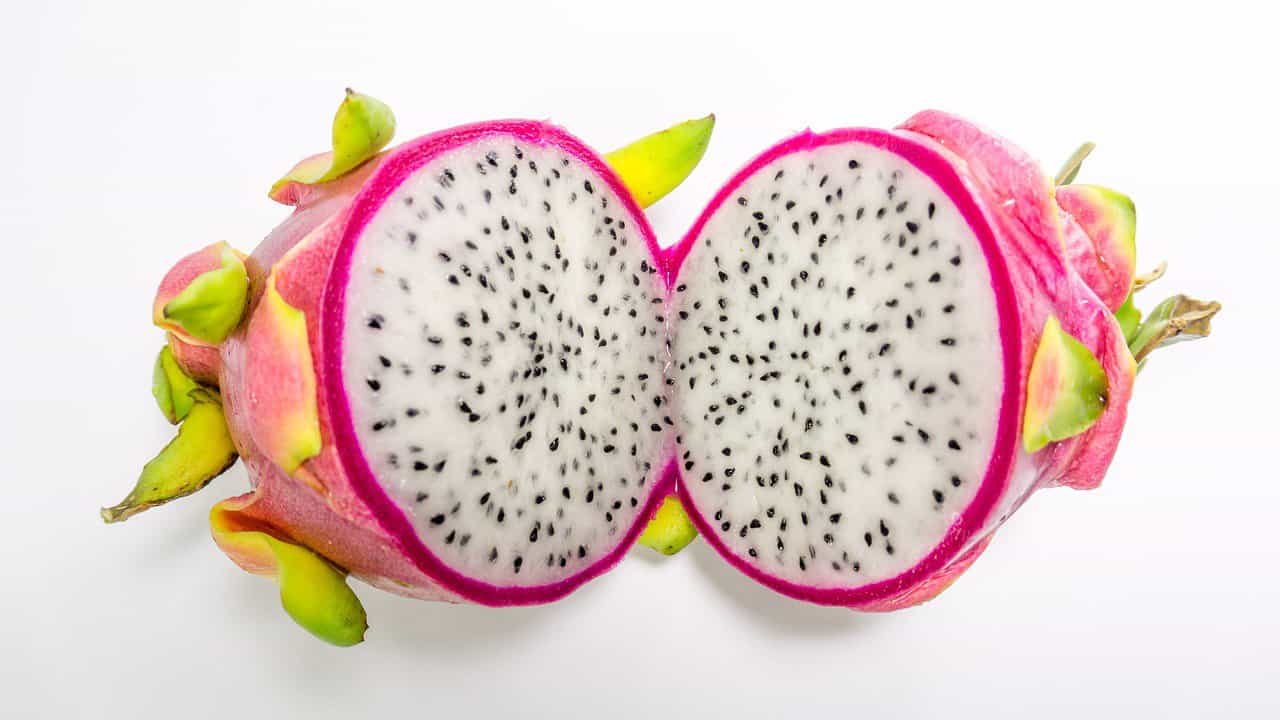
Yes, Dogs Can Safely Enjoy Dragon Fruit—Here’s What You Need to Know
As a dog owner, you’ve likely wondered: Can dogs eat dragon fruit? The answer is a resounding yes—dogs can safely eat dragon fruit in moderation. Known for its vibrant, leathery pink skin and sweet white or magenta flesh, this tropical treat (also called pitaya) is non-toxic and poses no inherent danger to dogs, according to veterinary experts. But like any human food, there are best practices to follow. Let’s dive into the details, backed by professional insights, to ensure your pup can enjoy this superfood safely.
Expert Confirmation: Dragon Fruit Is Dog-Safe
Veterinarians and pet nutritionists agree that dragon fruit is a safe occasional treat for dogs. Dr. Sarah Hoffman, DVM, a practicing veterinarian with over 15 years of experience at Hillcrest Animal Clinic, explains, “Dragon fruit is perfectly fine for dogs in small amounts. There’s no evidence it’s toxic or harmful to canines when properly prepared and portioned.” Similarly, Wendy Kaplan, a certified pet nutritionist with a decade of experience advising pet owners, adds, “Fresh fruits like dragon fruit contain natural sugars, which dogs can handle in moderation. I see no reason it should cause issues if offered sparingly.”
This consensus is reassuring, but experts emphasize moderation and preparation—details we’ll cover shortly. If you’re ever uncertain about introducing new foods to your dog, consult your veterinarian for personalized advice tailored to your pet’s health needs.
Nutritional Perks of Dragon Fruit for Dogs
Beyond being safe, dragon fruit offers nutritional benefits that can complement your dog’s diet as a treat. Here’s what this exotic fruit brings to the table:
- Vitamin C: While dogs synthesize their own vitamin C, the extra dose in dragon fruit acts as an antioxidant, supporting immune health and reducing inflammation—great for active or aging pups.
- B Vitamins: Thiamine, riboflavin, and niacin in dragon fruit aid metabolism and digestion, keeping your dog’s energy levels steady.
- Iron: Essential for oxygen transport in the blood, iron helps maintain muscle function—a bonus for playful dogs.
- Magnesium: This mineral supports bone health, which is especially valuable for senior dogs prone to joint stiffness or arthritis.
- Fiber: Dragon fruit’s dietary fiber promotes healthy digestion, regular bowel movements, and better nutrient absorption.
These nutrients make dragon fruit more than just a tasty snack—it’s a mini health boost. However, its natural sugar content means it’s best as an occasional treat, not a daily staple.
How to Feed Dragon Fruit to Your Dog Safely
While dragon fruit is dog-friendly, preparation and portion control are key to avoiding potential issues. Here’s how to do it right:
- Stick to the Flesh: Only feed your dog the soft, inner flesh—white or magenta, depending on the variety. The tough, pink skin and any leaves from the plant are indigestible and may irritate your dog’s stomach or skin.
- Mind the Sugar: “Like all fruits, dragon fruit’s natural sugars are fine in small doses,” says Kaplan. “But overfeeding can lead to weight gain or blood sugar spikes, especially in dogs with diabetes.” A general rule? Offer a few small bites (e.g., 1-2 tablespoons for a medium-sized dog) once or twice a week. Check with your vet for portion sizes based on your dog’s weight and health.
- Watch for Allergies: Though rare, some dogs might react to new foods. Start with a tiny piece and monitor for signs like vomiting, diarrhea, or itching. If these occur, stop feeding dragon fruit and contact your vet.
- Fresh Is Best: Opt for fresh dragon fruit over dried or processed versions, which often contain added sugars or preservatives that aren’t ideal for dogs.
By March 16, 2025, no new research has emerged to contradict these guidelines, so they remain a reliable standard for pet owners.
Why Dragon Fruit Makes a Great Treat
Dragon fruit earns its spot on the list of dog-safe human foods thanks to its safety and nutritional profile. Often dubbed the “strawberry pear” for its sweet, juicy flesh, it’s a refreshing way to treat your dog to something special. The vitamins, minerals, and fiber it provides can enhance your pup’s well-being when paired with a balanced diet.
To sum it up: Yes, dogs can eat dragon fruit! A few bites of the flesh, served occasionally, deliver a burst of flavor and nutrients without significant risks. Just prep it properly, keep portions in check, and consult your vet if you’re introducing it for the first time—especially if your dog has dietary restrictions or health conditions.
Ready to share this tropical delight with your furry friend? Start small, follow these tips, and let your dog enjoy a safe, healthy snack.
Recent Posts
White Australian Shepherd Health: Understanding and Managing Genetic Conditions
When it comes to the White Australian Shepherd, their striking appearance often captures the hearts of dog lovers. However, beneath their beautiful white coats lies a critical topic every owner or...
Australian Shepherd Lifespan Australian Shepherd Lifespan is 12-15 years. Learn tips on nutrition, exercise, and health care to maximize your Aussie's longevity. With their signature merle...
